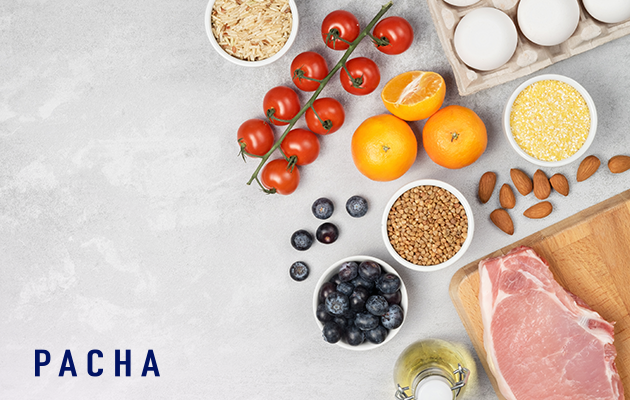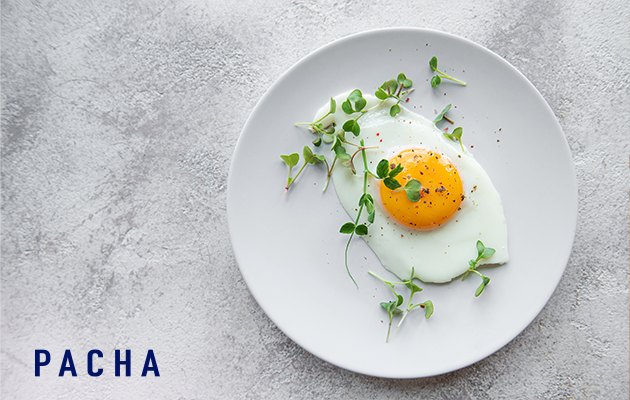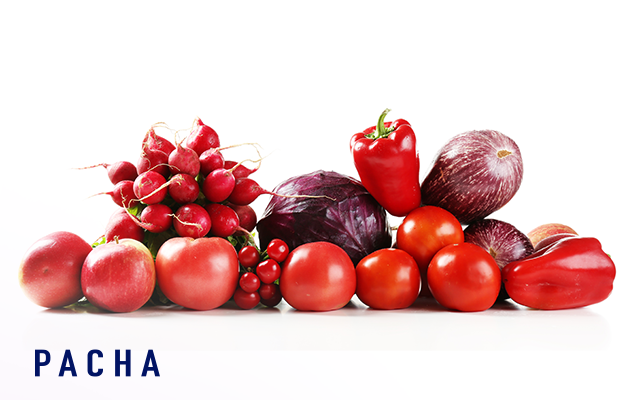6.02.2022

Collagen, the most crucial protein in the body, is synthesized by nourishing from amino acid pools within the body. These amino acid pools and the essential amino acids required for collagen synthesis are obtained through dietary routines. Collagen is solely available from animal sources as a collagen source. Vegetables and fruits do not contain collagen.
It is believed that foods with high protein content support collagen production because they contain glycine, proline, and hydroxyproline amino acids that make up the structure of collagen. [4] The most important foods containing collagen (collagen sources) and some vitamins and minerals that play a vital role in collagen synthesis are summarized below.
Meat and Bone Broth:
Consuming the broth obtained by boiling meat and bones is highly beneficial for human health. It contains Type 1 collagen and Type 2 collagen, which support joint functions. Particularly, people with joint disorders can significantly benefit from increasing collagen levels in their bodies through bone broth.

]
Egg Whites:
Egg whites contain a high amount of collagen along with a considerable amount of amino acids and sulfur. Sulfur facilitates the removal of toxins, which are collagen's antagonists, from the body. [1]
.png)
Seafood:
By-products obtained from the fish processing industry can be used in collagen production. Collagen can be obtained from fish skin, as well as from fish scales, bones, and fins. Sponges, jellyfish, squids, octopuses, inkfish, and fish remnants (bones, skin, scales, and fins) can be used as an alternative source of collagen.

Red Fruits and Vegetables:
Red fruits and vegetables contain ellagic acid, which prevents the breakdown of collagen caused by UV light. Red fruits like raspberries, apples, blackberries, cherries, and strawberries stimulate collagen production in the body.
Vitamin C:
Vitamin C, obtained from citrus fruits, strawberries, leafy greens, bell peppers, and tomatoes, is another vitamin that supports collagen synthesis.
Zinc:
Collagen production also requires nutrients like zinc, which can be found in seafood, legumes, meat, nuts with shells, seeds, and whole grains.
Beans:
Beans encourage the production of hyaluronic acid, an anti-aging substance in the body. Hyaluronic acid helps regulate the skin's moisture balance, making it smooth and hydrated. It also promotes collagen synthesis by enhancing cell renewal.
Garlic:
Like egg whites, garlic contains a high amount of sulfur. Sulfur triggers collagen in the joints and skin. Garlic also contains taurine and lipid acids that help repair damaged joints, contributing to increased collagen. [2]
References:
[1] https://nutraxin.com.tr/iyi-yasam-rehberi/Kolojen-Nedir-Kolojenin-faydalari-nelerdir
[2 ] Silvipriya, K., et al. (2015). “Collagen: Animal Sources and Biomedical Application.” Journal of Applied Pharmaceutical Science 5.
[3] https://www.hsph.harvard.edu/nutritionsource/collagen/
[4] Lodish H, Berk A, Zipursky SL, et al. Molecular Cell Biology. New York: W. H. Freeman; 2000.
[5] Berillis, P. (2015). Marine collagen: extraction and applications. Research Trends in Biochemistry, Molecular Biology and Microbiology, 1-13